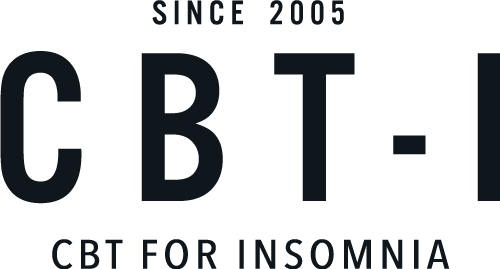The Eight Hour Sleep Myth
The eight hour sleep myth has been perpetuated by some sleep scientists, pharmaceutical companies that fund those scientists, and organizations such as the National Sleep Foundation that are heavily funded by pharmaceutical companies. This myth was the focus of a historic symposium at the 2016 annual national sleep meetings (the Associated Professional Sleep Societies). The symposium involved four internationally recognized sleep researchers (Drs. Jerome Siegel, Shawn Youngstedt, Nick Glozier, and Michael Irwin) presenting data showing that the public, health care professionals, and the media have been misled about the relationship between sleep and health. A sample of the data they presented:
- We are not sleeping less today than 50 years ago. In fact, many studies suggest we are sleeping more today.
- Pre-industrial hunter-gather societies sleep 6.5 hours per night and have almost no heart disease, diabetes, or obesity.
- Long sleep is associated with greater mortality and morbidity than short sleep.
- Long sleep is associated with increased inflammation while short sleep and sleep deprivation are not.
- Because the topic of sleep duration and health is associated with a dramatic publication bias, sleep researchers are fifty times more likely to get published if they report on the negative effects of short sleep on health.
As a result of this symposium, there was a call to insure that all scientific articles on sleep duration and health cite the greater dangers associated with long sleep compared to short sleep.
Other relevant recent scientific findings presented at this national sleep meeting:
- Anti-cholinergic drugs such as Elavil and over-the-counter sleep medications are risk factors for dementia and Alzheimer’s in a dose-dependent fashion because they block acetylcholine, a brain neurotransmitter critically involved in memory.
- CBT-I reduces markers of inflammation on par with the effects of exercise and statin drugs.
- The American College of Physicians recommends CBT-I as the first line treatment for insomnia.
